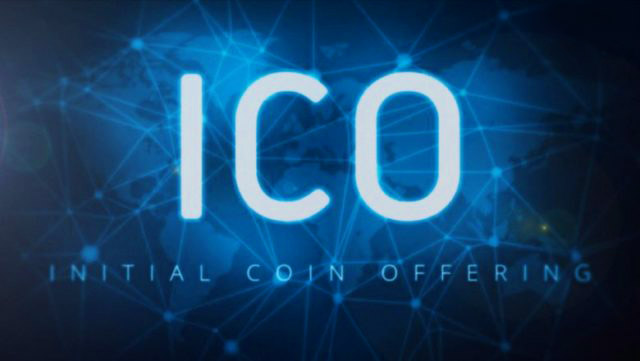Realization of the right to court protection in filing class action lawsuits to the ICO projects
 When someone still unconditionally believes in the future of cryptoindustry and prospectivity of investment in ICO projects, others from their own experience realized what does it mean to lose everything and, often unsuccessfully, attempt to restitute their violated rights and return their funds funds from the ICO. Magic fog of absolutely new and far reaching mean of investment has disappeared very quickly.
When someone still unconditionally believes in the future of cryptoindustry and prospectivity of investment in ICO projects, others from their own experience realized what does it mean to lose everything and, often unsuccessfully, attempt to restitute their violated rights and return their funds funds from the ICO. Magic fog of absolutely new and far reaching mean of investment has disappeared very quickly.
As soon as the first successful ICO projects collected large amounts in the course of a token sale, it became obvious that most of them do not aim to fulfill pledges prescribed in the White Paper. And as it often happens, one of the most significant advantages on which the crypto-enthusiasts placed their hopes, turned against them. Lack of appropriate legal regulation in most jurisdictions entails significant difficulties in bringing to account the non-fulfilled organizers of the ICO.
At the same time, the right to legal protection is one of the fundamental human rights. In this connection, all the disgruntled and deceived investors in the ICO appeal to this right. Class action lawsuits against the organizers of the ICO projects have become a kind of a given and clearly expressed the formation of a kind of case-law in this area.
It is necessary to note that Terms&Conditions and Token Sale Agreement of many projects include prohibition to sue. If the user who decided to purchase tokens of the project agrees with these documents, he waives the right to file a lawsuit against the ICO when any conflicts arise. Nevertheless, it is assumed that all disputes that arose are subject to resolution in the process of private negotiations. As a matter of practice, in most cases, organizers ignore appeals of dissatisfied users, and users, in their turn, assuming that they waived the right to sue, do not take any other actions to bring the ICO frauds to justice. However, this provision in legal documents of the projects misleads as the waive to file a lawsuit is null and void. Notwithstanding that the English law, to which organizers most commonly refer, in certain cases prescribes the possibility to waive the right to file a lawsuit, these provisions are not applicable to legal relations, which arose between organizers of the ICO projects and investors.
The lawsuit to organizers of the start-up Tezos became one of the first and best known class action lawsuits to the ICO in considered legal relations. The statement of case was submitted by the law firm Taylor-Copeland Law, which represented purchasers of the project tokens. Several new lawsuits from other groups of investors followed the first one. All the plaintiffs had the identical backgrounds to sue.
Tezos organizers were accused of misrepresentation that is contained in the advertising campaign, expenditure of funds for unauthorised purposes, violation of law on securities market, unfair competition et cetera.
Lawsuit to the Tezos was followed by the class action suit to the ICO Centra, organizers of which planned to develop debit cards for cryptocurrency assets. Plainitiffs indicated the need of bringing the organizers to justice for violation of law on securities market, as well as misleading in relation to cooperation of the organizers with Visa and MasterCard. In addition, investors were dissatisfied due to the fact that organizers left the project just after collection of funds.
Another class action lawsuit is related to activities of the project Unikrn, organizers of which raised funds for development of the platform taking bets on cybersport. According to appelants, the background for lawsuit, similarly to the case with Tezos, was violation of law on securities market committed by organizers.
Equally known class action lawsuits are connected with projects MonkeyCapital and ATBCoin, which are also accused of violation of law on securities market.
Class action lawsuits hereinabove to the ICO projects are characterized by the common feature. Each of them includes accusations of violation of the legislation on securities market. This tendency elicits a smile in connection with the fact that in most cases investors knowingly purchase exclusively securities tokens as the most attractive for investment and recognize that organizers did not receive any relevant permissions to issue these tokens. For their part, in the time of submitting the lawsuits investors refer to the legal nature of tokens as an evidence that their rights were violated.
© Malyarova E., 2018





























































